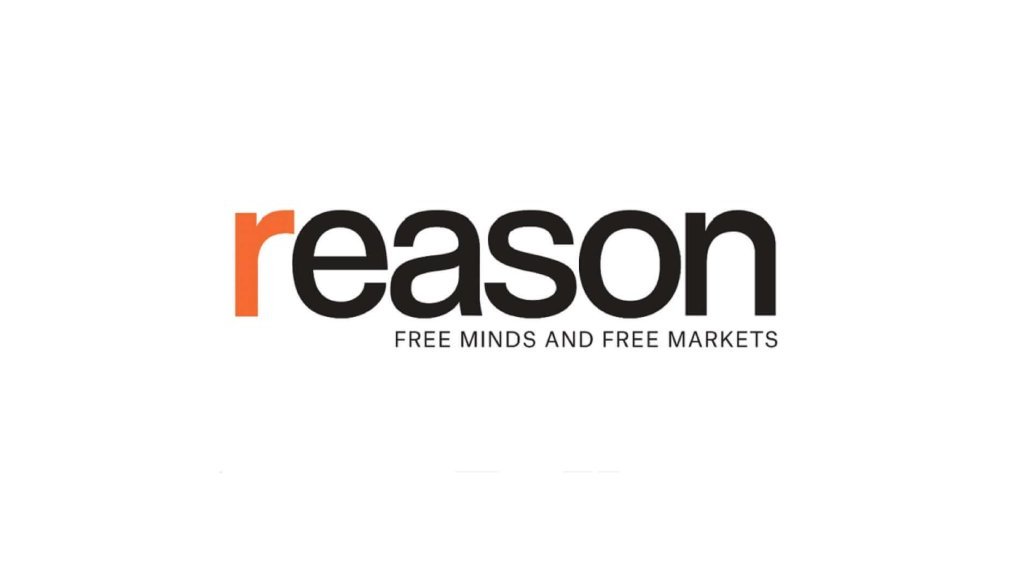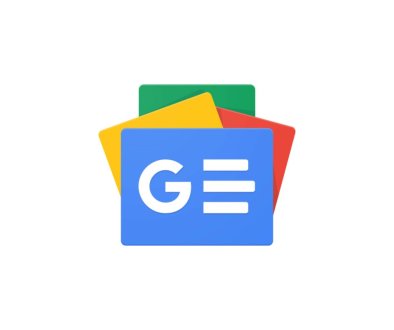Setting the Wayback Machine to 1995: “Cheap Speech and What It Will Do”: Music: The New System
[I thought it would be fun to serialize my 1995 Yale Law Journal article “Cheap Speech and What It Will Do,” written for a symposium called “Emerging Media Technology and the First Amendment.) Thirty years later, I thought I’d serialize the piece here, to see what I may have gotten right—and what I got wrong.]
[a.] What It Will Look Like
I want to start by discussing how the new technologies will change popular music. These changes may be less politically momentous than the similar changes that I think will happen in print and video. But the music industry will probably be the one that changes most quickly; and in any case, many of the things I say in this Section-about cost savings, increased choice, information overload, and so on-will apply equally well to the others.
The reasons for the changes will be very simple: There’s lots of money in them. The existing music distribution system is inefficient, both for consumers and for musicians. For consumers, in particular, it has three problems:
Cost: Music costs more than it could. Consumers must pay about $8 to $15 for a new album, though musicians generally see less than ten percent of this in royalties.
Choice: Consumers get a smaller selection than they could-many titles, especially ones that are relatively old or that appeal to fairly small markets, aren’t available in most places.
Convenience: To buy music, a consumer has to take the time and trouble to go to the store.
And these problems translate into problems for musicians. High cost, low availability, and the inconvenience of buying lead to fewer sales.
These inefficiencies aren’t the result of some sinister plot or even of market irrationality. They are an inevitable consequence of the existing distribution system. People today must buy music on some tangible medium, such as tape or CD. This means they generally have to go to the music store (inconvenient), which has limited shelf space (lowering the choice). And the tangible medium has to be created, imprinted, distributed, and sold (costly).
The infobahn, once it brings high-speed two-way communications to private homes, is a far superior way of delivering music to the consumer. It will work something like this:
(1) Using your computer-or perhaps your TV set, with a keyboard, a touch screen, a mouse, or even voice activation-you access an electronic music database. This database (actually, there’ll probably be several competing databases) will contain virtually all the music that’s available in electronic form.
(2) You choose the music you want, by album name, by song title, by artist, by composer or songwriter, or by genre. You might even ask the computer for suggestions, based on the artists or albums you tell it you like. (The suggestions will be derived from judgments entered into the computer by reviewers.) You can also browse in some way, perhaps looking only at music of a particular kind, or music that has gotten good reviews. You can then play the music, to make sure you really want to buy it.
(3) Once you decide you like it, you download the album to a digital recorder connected to your computer. Your bank account gets debited automatically.
This would mean:
Cost: Once the music is recorded-which even now can cost fairly little -the only significant other expenses will be advertising costs, royalties, the cost of electronic distribution, and the cost of the recording medium (which will be supplied by the customer). There’ll be no need to spend money to create tangible recordings, ship them, and sell them. Assuming cheap electronic transmission (an assumption I’ll try to support shortly), a CD-quality album may well cost as little as $3 to $5—a $1 royalty, plus amortization of the recording costs and advertising costs, plus the $1 or $2 that the customer will have to pay for the recording medium. An artist who’s willing to pocket less money to get more customers might be able to charge $3 or less.
Choice: You’ll have close to the whole music library of the world at your disposal. Copyright owners will be able to sell to any infobahn-connected consumers, not just to the ones who have access to a store that’s willing to stock the work. Because there’ll be no shelf-space limitation-computer storage is cheap and getting cheaper-it won’t matter how esoteric your tastes are; there’ll be room for nearly everything.
Convenience: You’ll no longer have to drive to the music store or wait in line. You’ll also be able to select what you want more conveniently, because you’ll easily be able to pre-listen to
Article from Reason.com

The Reason Magazine website is a go-to destination for libertarians seeking cogent analysis, investigative reporting, and thought-provoking commentary. Championing the principles of individual freedom, limited government, and free markets, the site offers a diverse range of articles, videos, and podcasts that challenge conventional wisdom and advocate for libertarian solutions. Whether you’re interested in politics, culture, or technology, Reason provides a unique lens that prioritizes liberty and rational discourse. It’s an essential resource for those who value critical thinking and nuanced debate in the pursuit of a freer society.



